Fever in Children
- Introduction
- About fever
- Causes of fever and high temperature
- Fever symptoms
- When to seek Medical Help for a Fever
- Fever treatment
- Fever Medications
- How to make your child comfortable
- Natural Remedies
- Helplines/ Useful Information
- Quiz
Key points

- Fever is a temperature higher than 38°C. It’s usually a sign of infection
- If your child aged 0-1 month has a fever, take them to a hospital emergency department as soon as possible
- If your child aged 1-12 months has a fever, take them to a GP as soon as possible.
- If your child aged over 12 months has a fever, take them to a GP if the fever lasts more than 4 days or you’re worried for any other reason
- If your child is known to have a weakened immune system (immunocompromised) and has a fever, you should immediately go to the emergency department
- Keep your child hydrated. Give them medicine to reduce their fever only if they’re uncomfortable
Translated, adapted and reproduced by Rahma Health with permission from©
raisingchildren.net.au
About fever
A fever is when your child’s body temperature is higher than 38°C. A normal temperature range for children is 36.5°C-38°C. This will vary slightly depending on where the temperature is taken from, but a temperature above 38°C is always considered a fever.

Fever is not an illness in itself – it’s usually the body’s immune system responding to an infection, disease or inflammation.
Fever in itself is rarely harmful. Generally, children handle fever well.
It is important that temperature is checked with an accurate thermometer. These can be bought from chemists. If you are concerned that your child has a fever or is unwell, it is important that you seek medical attention even if the thermometer is showing a normal temperature. A digital thermometer that comes into contact with your child’s skin (not an infrared forehead thermometer) is best to check a child’s temperature. Temperatures should be taken under the tongue or armpit.
Causes of fever and high temperature
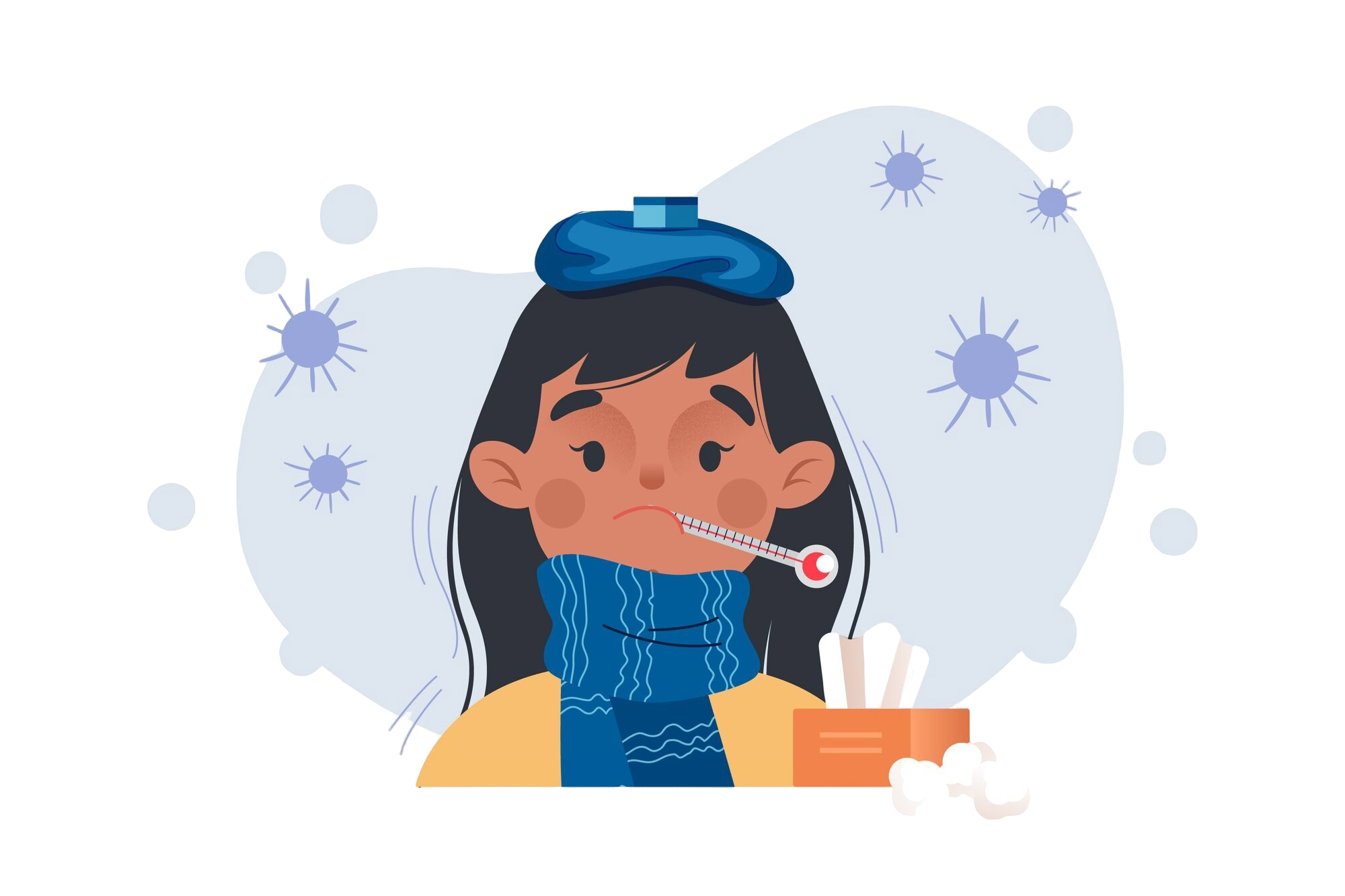
Children get fevers for many reasons.
Infections are the most common cause of fever in children. In general, fever is a sign your child’s body is fighting an infection.
Most childhood infections are caused by viruses. Other infections might be caused by bacteria.
Infections that might cause fever include:
- Gastroenteritis (food poisoning)
- Common colds, influenza and other upper respiratory tract infections
- Diseases like chickenpox, measles and mumps
- Ear and throat infections like middle ear infection and tonsillitis
- Urinary tract infections
- Pneumonia
- Meningitis
There are other less common causes of fever. These include allergic reactions to medicines or vaccines, chronic joint inflammation, cancers, and gastrointestinal diseases like inflammatory bowel disease.
Fever symptoms

A fever or high temperature might come on slowly and rise over a few days, or it might rise very quickly. It might also rise and fall throughout the day.
A high temperature might make your child feel uncomfortable. Your child might have chills or shiver when their temperature is rising, and they might sweat when it’s falling. Sometimes your child might become mildly dehydrated if they’re losing a lot of fluid from the fever and not drinking enough.
Sometimes younger children (most commonly between the ages of 6 months and 6 years) have febrile seizures “fits” when they have fevers. The child may become unresponsive for a few minutes, with jerky limb movements and may be sleepy afterwards. Most children usually grow out of these seizures by 6 years of age, and suffer no long term harm due to them. If this is your child’s first seizure, you should call an ambulance immediately.
Most fevers and the illnesses that cause them last only a few days. But sometimes a fever will last much longer, particularly if it’s the sign of an underlying illness or chronic disease. Always consult a doctor if a fever lasts longer than 5 days.
*
If you think your child has a fever, measure their temperature with a thermometer to check whether their temperature is higher than normal.
*
When to seek Medical Help for a Fever

If your child aged 0-1 month has a fever, taken them to a hospital emergency department as soon as possible.
If your child aged 1-12 months has a fever, take them to a GP as soon as possible.
If your child aged over 12 months has a fever, take them to a GP if their fever lasts more than 4 days or if you’re worried for any other reason. You should also see a doctor if your child:
- Looks sicker than before – for example, your child is more pale, lethargic or weak
- Has trouble breathing
- Is drowsy
- Seems mildly dehydrated, refuses to drink or is weeing less than normal
- Has a stiff neck or a mild headache or light hurts their eyes
- Vomits or has diarrhoea
- Has mild pain or discomfort that doesn’t resolve with simple analgesia like paracetamol and ibuprofen
- If you are concerned that your child is unwell. Parents always know their children best
*
If you are very concerned, or if your child is working hard to breathe, if they are unrousable or lethargic, if they have a seizure, or if their condition rapidly worsens, call an ambulance immediately.
*
Fever treatment
If your child has a fever, make sure your child is drinking enough to avoid dehydration:
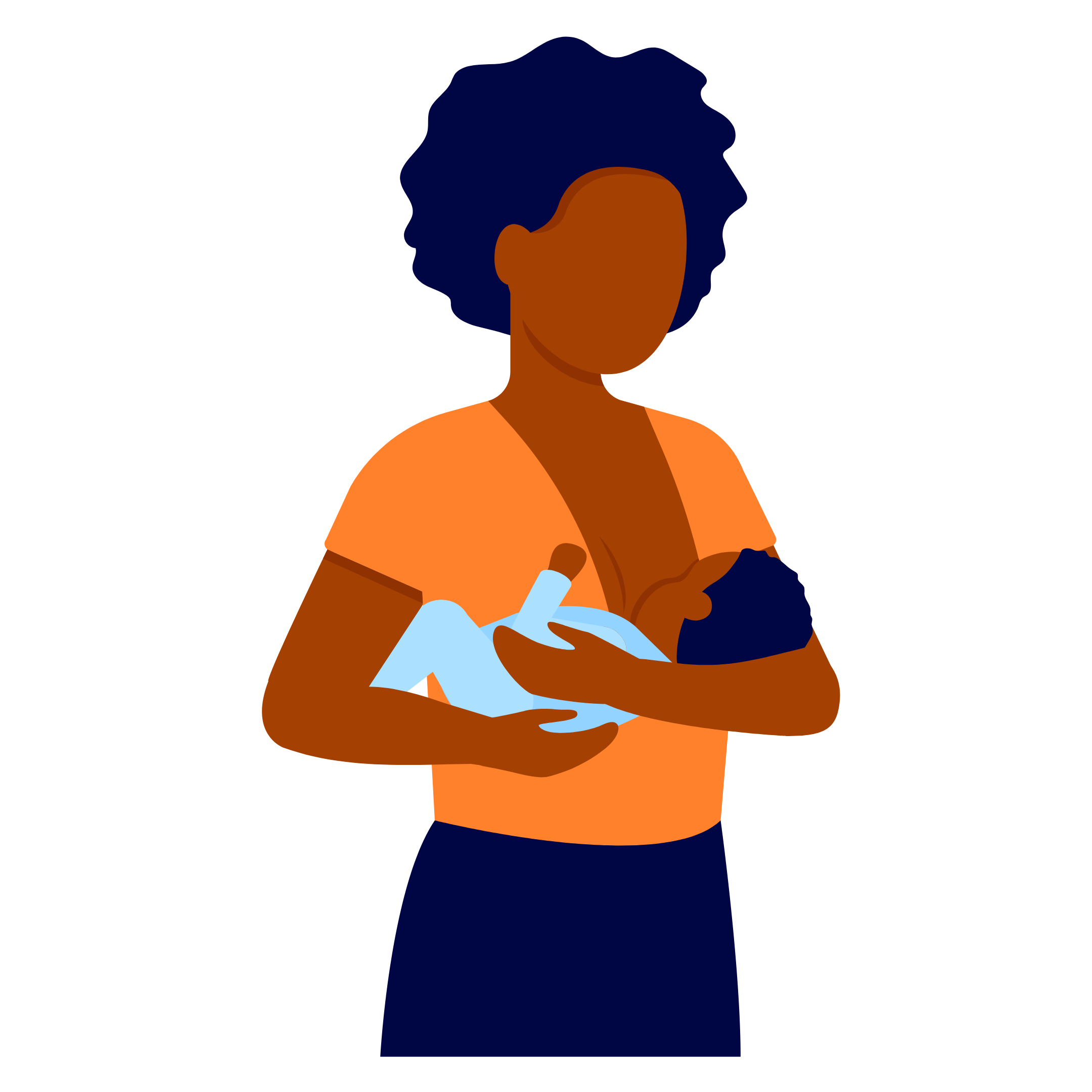
- If your breastfed child is younger than 6 months, offer extra breastfeeds on demand
- If your formula-fed child is younger than 6 months, offer smaller amounts of formula more often
- If your child is older than 6 months, keep breastfeeding or bottle-feeding. You can also offer your child clear fluids like water or use an oral rehydration fluid like Gastrolyte or Hydralyte. You can buy these from pharmacies and many supermarkets. Children usually enjoy these most when they are cold.
You might need to give your child smaller amounts of fluid, but more often.
Fever Medications
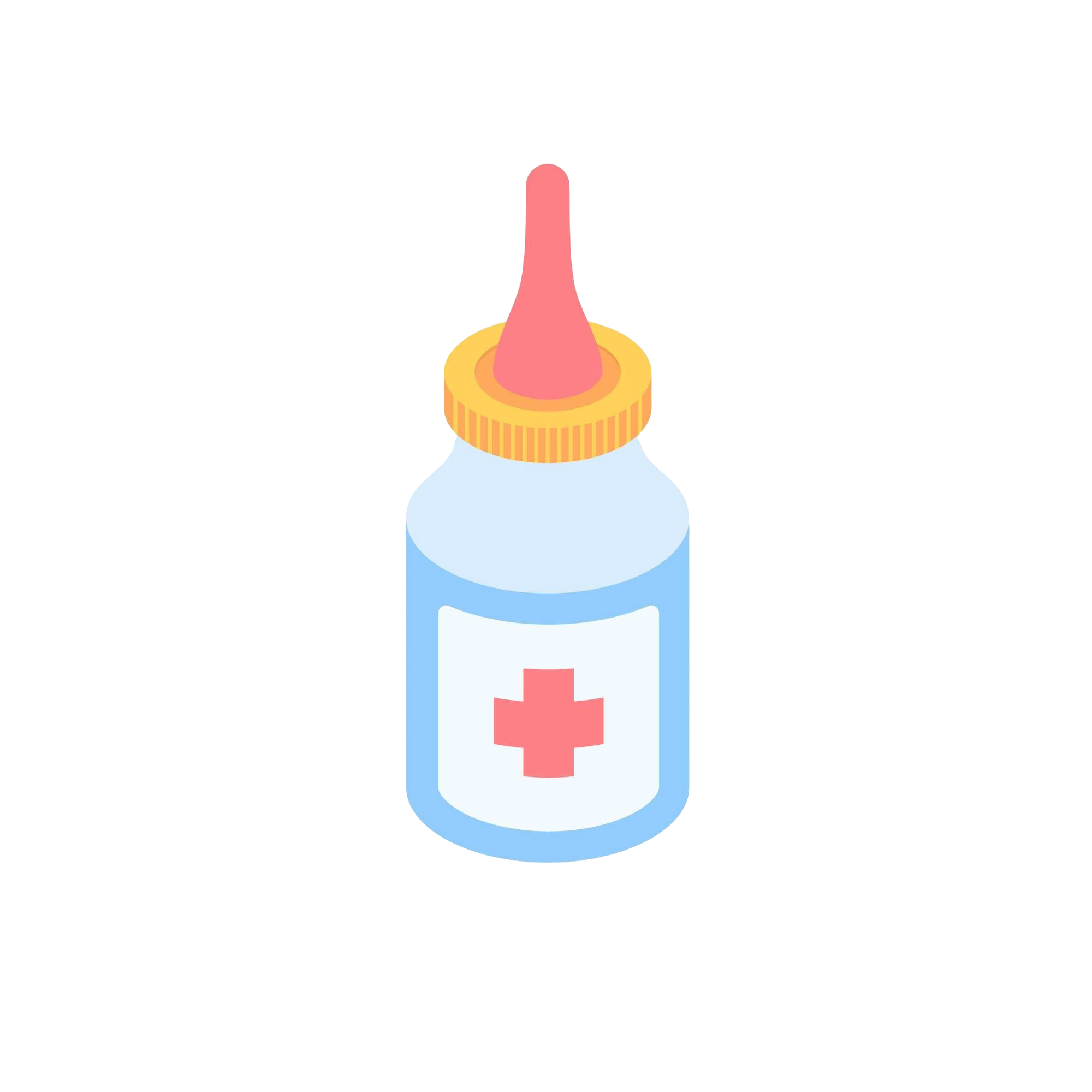
You can treat fever with Paracetamol if the fever is making your child hot and uncomfortable. Check the medicine packaging carefully for the recommended dose and frequency.
Only use Ibuprofen if your child is older than 6 months or if it has been prescribed by a doctor. Ibuprofen must also be given with food to avoid stomach upset.
Do not give your child Aspirin unless it is prescribed by a doctor. Aspirin can make your child susceptible to Reye’s Syndrome, a rare but potentially fatal illness. Never give aspirin to children with chickenpox or flu symptoms.
If you need to use medicine to treat a fever for longer than 48 hours, see a GP.
How to make your child comfortable

- Dress your child in light clothing. One layer less than your child usually wears is about right.
- Avoid cool baths, sponging and fans. These can make your child more uncomfortable.
- Don’t pressure your child to eat solid food. If your child isn’t hungry during a fever, that’s OK. Hydration is the most important factor when they’re sick. They may prefer more bland foods during this period such as biscuits and rice.
If your child’s fever is caused by a bacterial infection, your child might need treatment with antibiotics to get rid of the infection.
Natural Remedies
Many of us remember natural remedies from childhood with fondness. For many viral illnesses, there are no pharmacological options available, so natural remedies can be a good option if they are suitable for your family. These can include honey, chicken soup, Vitamin C tablets, ginger, turmeric and garlic.
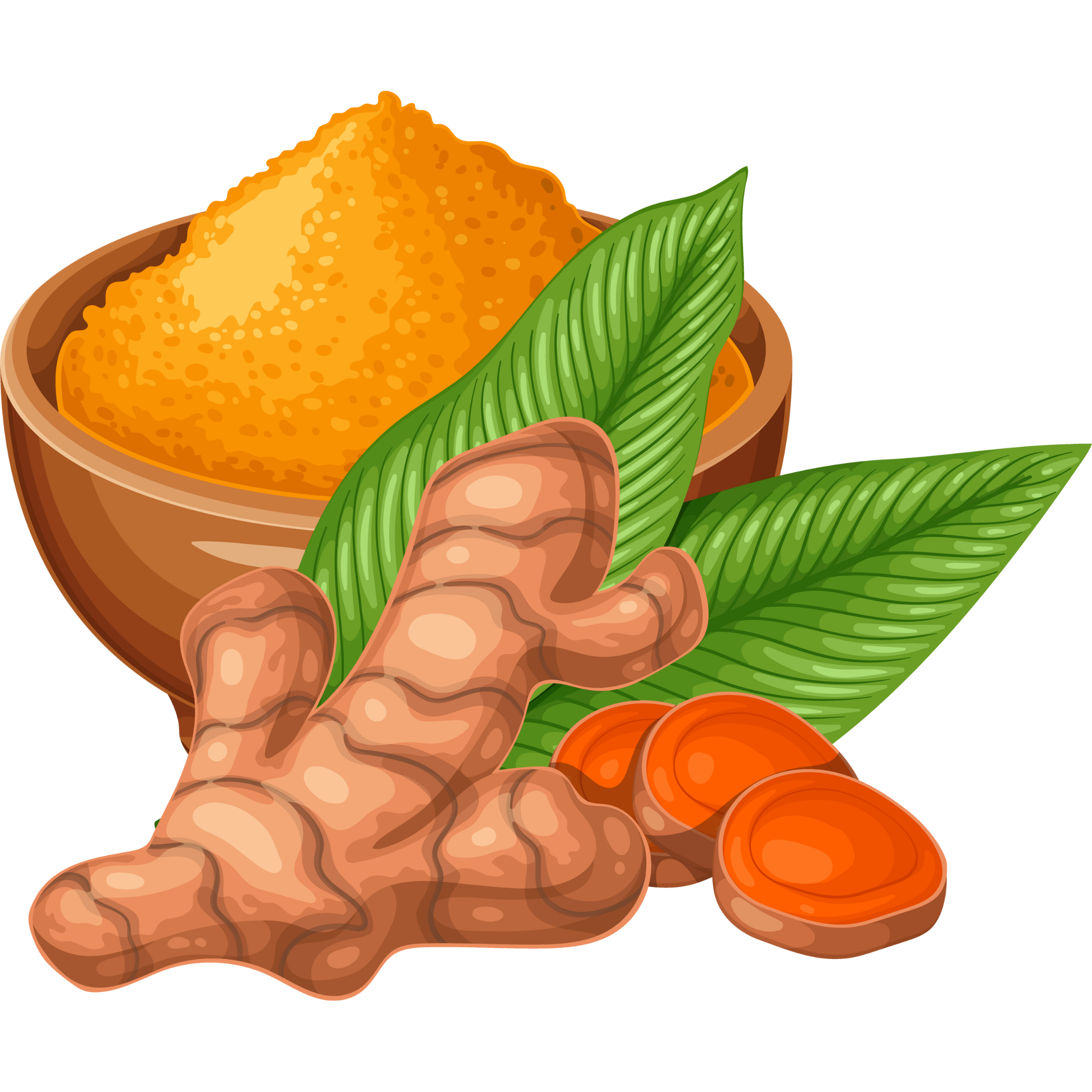
Some families might consider the use of honey for a cough. Honey has immune benefits and can temporarily relieve cough symptoms in children older than 12 months. Importantly, honey should never be given to children under 12 months as it can cause a severe life-threatening neurological disease called Botulism. If used for children older than 12 months, honey can be given in many forms – poured onto a teaspoon, in a cup with hot milk, with water, or mixed in with juice.
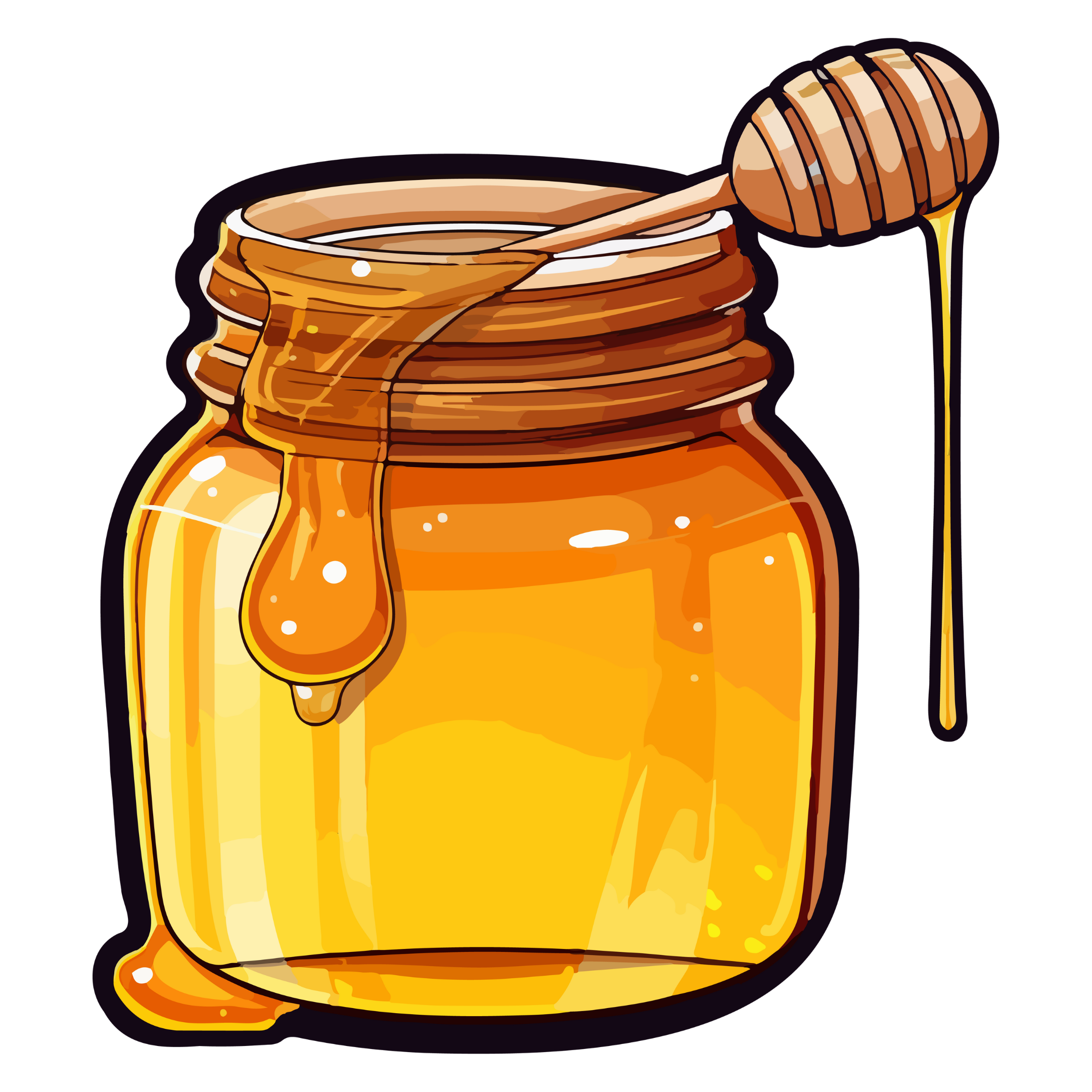
Some families might enjoy turmeric as part of their diet and give it to children when they are old enough to introduce solids to boost the immune system. Turmeric in small amounts with solids is safe in children older than 6 months and some studies in adults have proven its immune benefits. Importantly, in children under 6 months, only breastfeeding or formula is recommended as this milk has all the nutrients necessary and provides the immune protection that these small babies require.
Here is some useful information
Last reviewed: Aug 2024
Translated, adapted and reproduced by Rahma Health with permission from © raisingchildren.net.au


